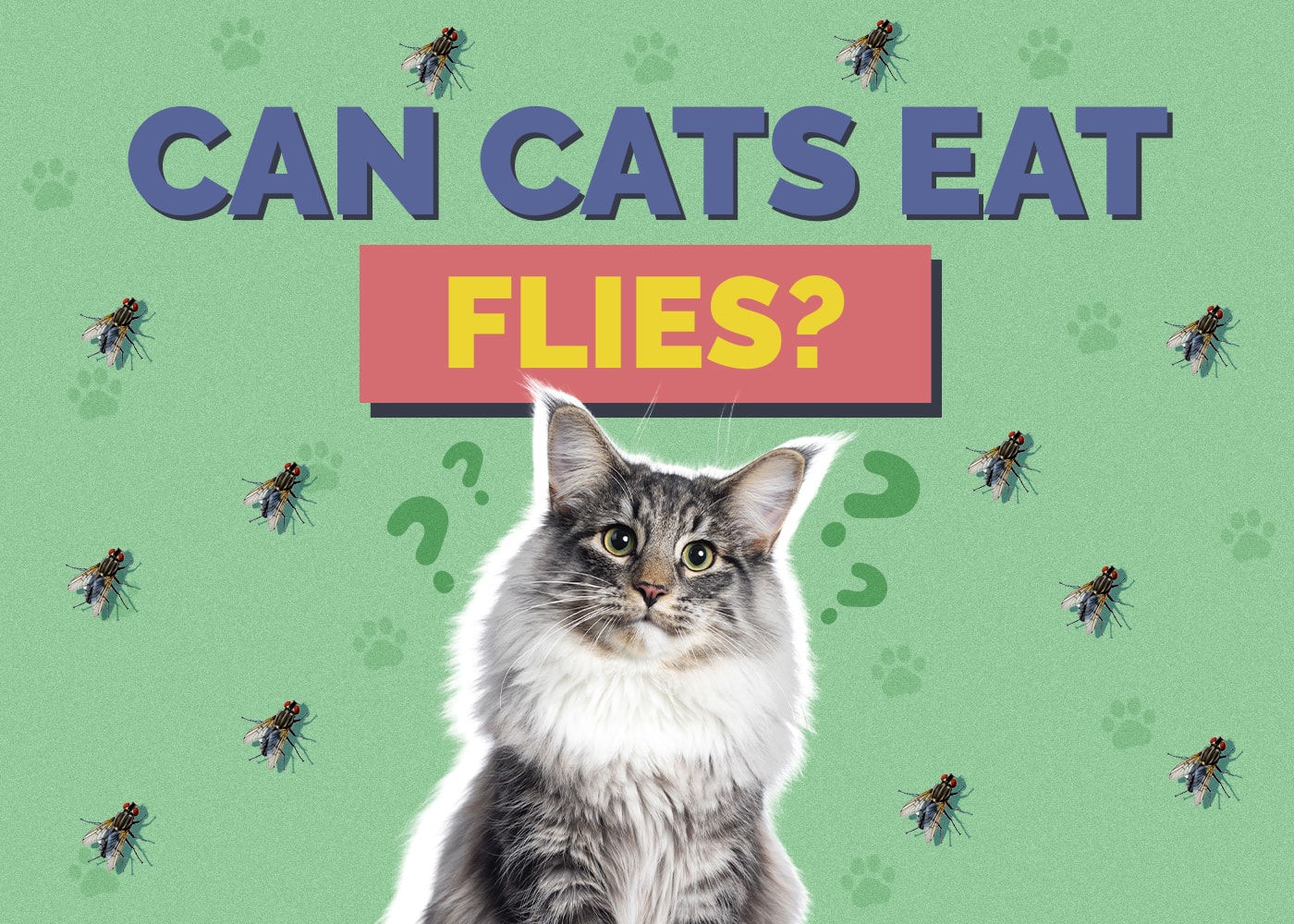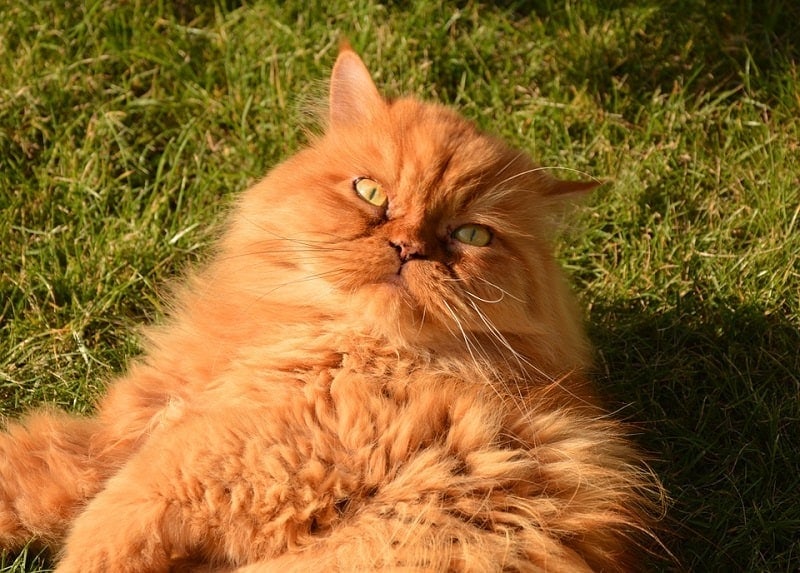Do Cats Think Humans Are Cats? Here’s What Science Tells Us

Updated on
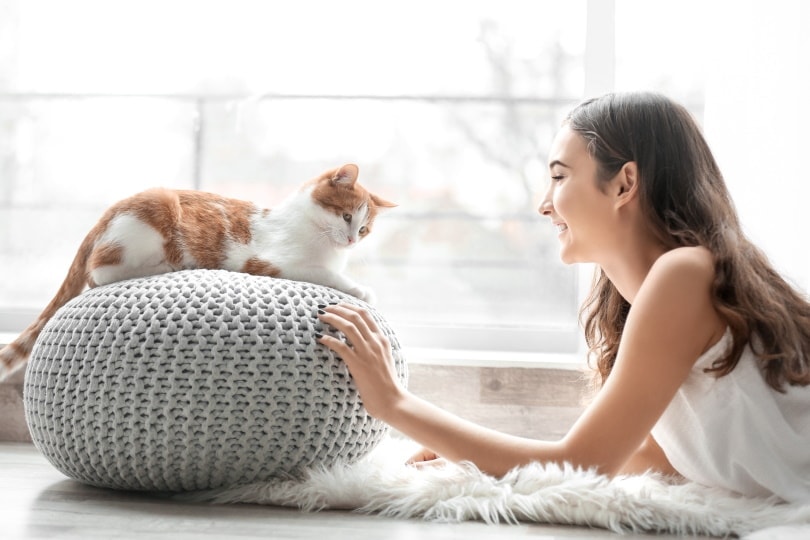
Pet owners often think of themselves as their animal’s “parents.” After all, you provide your pet with shelter and food, clean up after its messes, and offer plenty of love and affection. But does your pet think of you as a parent? While the answer to this question may be yes in the case of pet dogs, cats are more complicated. In fact, scientists believe that cats may simply think of us as big, hairless, clumsy cats.
In this article, we will further explore the question of whether or not cats think humans are cats and why they may differ from dogs in this respect.
 Cats Are Essentially Still Wild
Cats Are Essentially Still Wild
Cats have been living with humans for several millennia, beginning in the Fertile Crescent around 8,000 years ago. and later continuing in Ancient Egypt. So, what exactly can we mean when we say that cats are not fully domesticated?
The ancestors of the domestic cats we know and love today played an important part in agricultural life in ancient society. Farms attract rodents such as mice and rats, so cats would naturally approach settlements as an easy source of prey. Cats and prehistoric humans had a symbiotic relationship in this way: the cats protected the crops and also got a meal out of the deal. As a result, humans let the cats remain on their farms and even began to bring cats with them on trade routes.
While cats have been human companions for years, they were not bred by humans for specific domestic purposes the way that dogs were. There are two main points that we can take from this historical recap. First, cats essentially domesticated themselves with little to no interference from humans. Second, as a result, domesticated cats are very similar to wild cats in terms of their genetic makeup.
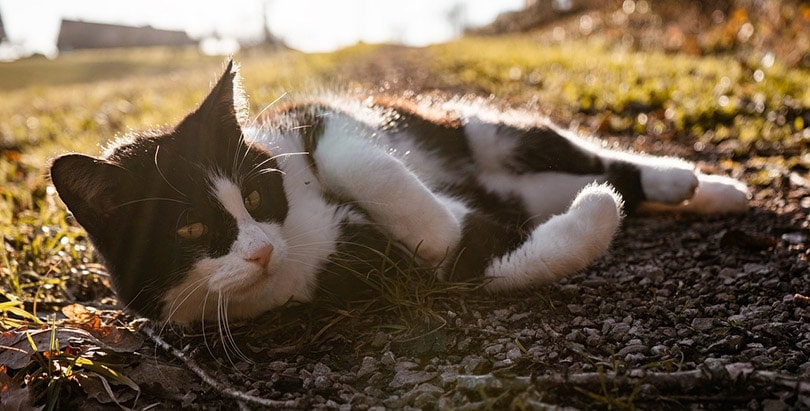
Cats Socialize with Humans the Way They Socialize with Cats
What does all of this have to do with cats thinking humans are cats? Well, now that we know that domesticated cats are genetically very similar to wild cats, it makes sense that they would think and behave the way that wild cats do. While your cat may love to sit on your lap, knead your legs, or even groom you, these behaviors probably aren’t a signal that your cat sees you as their parent or human caregiver.
In fact, cats behave the same way when they socialize with other cats. If you have more than one cat, you know what we mean. Cats rub against one another, groom one another, and knead one another exactly the way that domestic cats perform these behaviors on their human owners.
It’s important to note that just because your cat thinks of you as a big cat, it doesn’t mean that your cat doesn’t recognize that you are its caregiver. Kittens knead their mother when they are nursing, and this behavior can continue into adulthood. It is usually a sign of comfort or pleasure. If your cat kneads you while sitting in its lap, that probably means that your cat feels safe and happy with you.
If you’ve noticed that your cat likes to rub against you, it’s worth noting that in the wild, this is a gesture of deference. Larger cats rarely rub against smaller cats, so the fact that your cat rubs against you indicates that there is an imbalance of power between you. In other words, your cat knows who’s in charge. It might be nicer to think that your cat is rubbing against you as an act of love, but think of it this way: your cat is acknowledging you as one of its own.
The Cat’s Meow
Though cats mostly socialize with humans in the same way they socialize with other cats, there is one distinct difference between cat-human relations and the way that cats communicate with one another: domestic cats tend to vocalize much more than cats in feral colonies. This is largely because humans can’t understand the other ways in which cats communicate—through scent, marking, and body language, for example. They meow to get their humans’ attention when we are buried behind our computer screens and to let us know they need something. Over time, humans can pick up on what their cats are trying to tell them, cultivating a special language between human and animal.
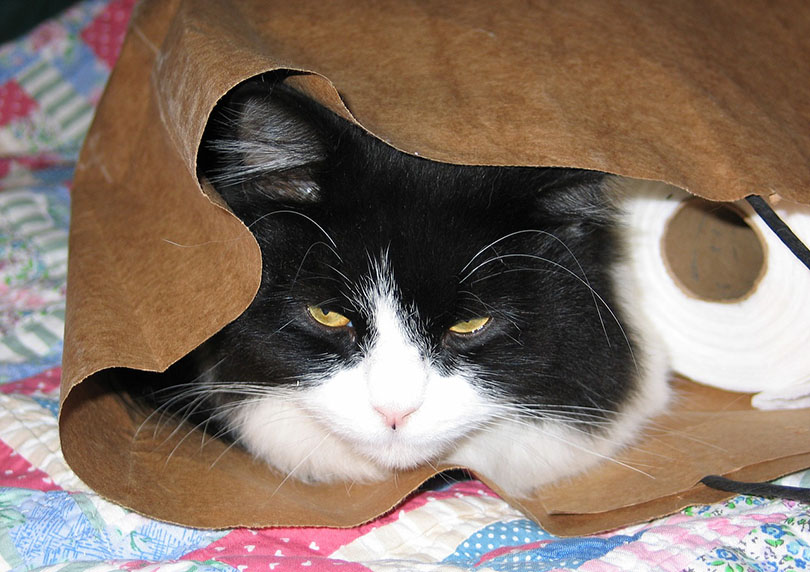
Can Cats Love Their Owners?
Even though your cat may not think of you as its human “parent” so much as its larger cat roommate, cats certainly can and do feel affection toward their owners. After all, you’re the one who feeds your cat, cleans its litter box, and showers it with attention on a daily basis. However, it can be tough to win the trust of some cats. The best thing to do is allow the cat to come to you and not the other way around.
Final Thoughts
While it is impossible to know exactly what your cat is thinking, scientists believe that cats do, in fact, think of their owners as large, hairless cats. Though the relationship that cats have with their owners is inherently different from the relationship that dogs have with theirs, all of those cat social cues your pet offers you indicate that it trusts and loves you as one of its own.
- See Also: 10 Tips To Make Cats And Dogs Get Along
Featured Image Credit: Africa Studio, Shutterstock
 Cats Are Essentially Still Wild
Cats Are Essentially Still Wild
